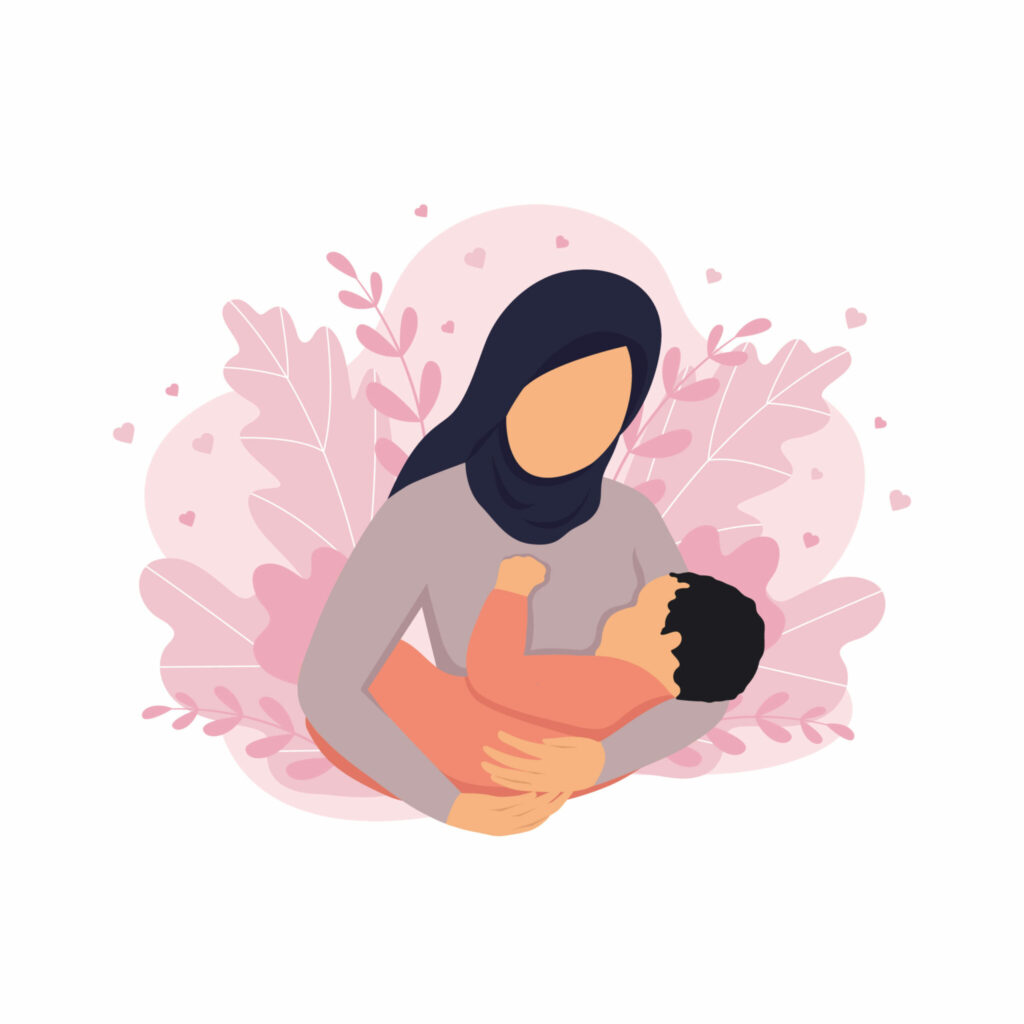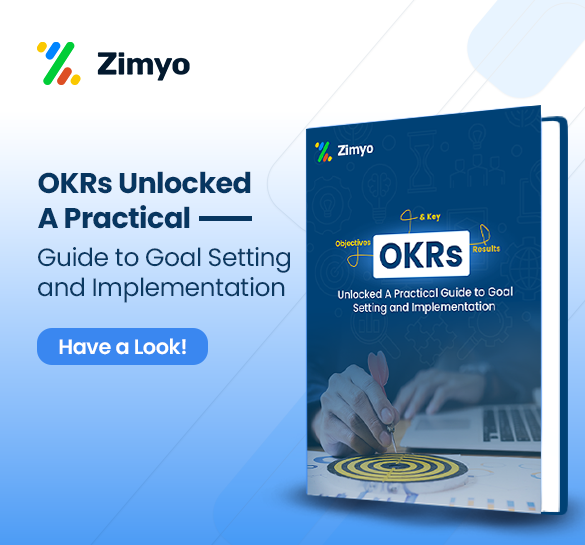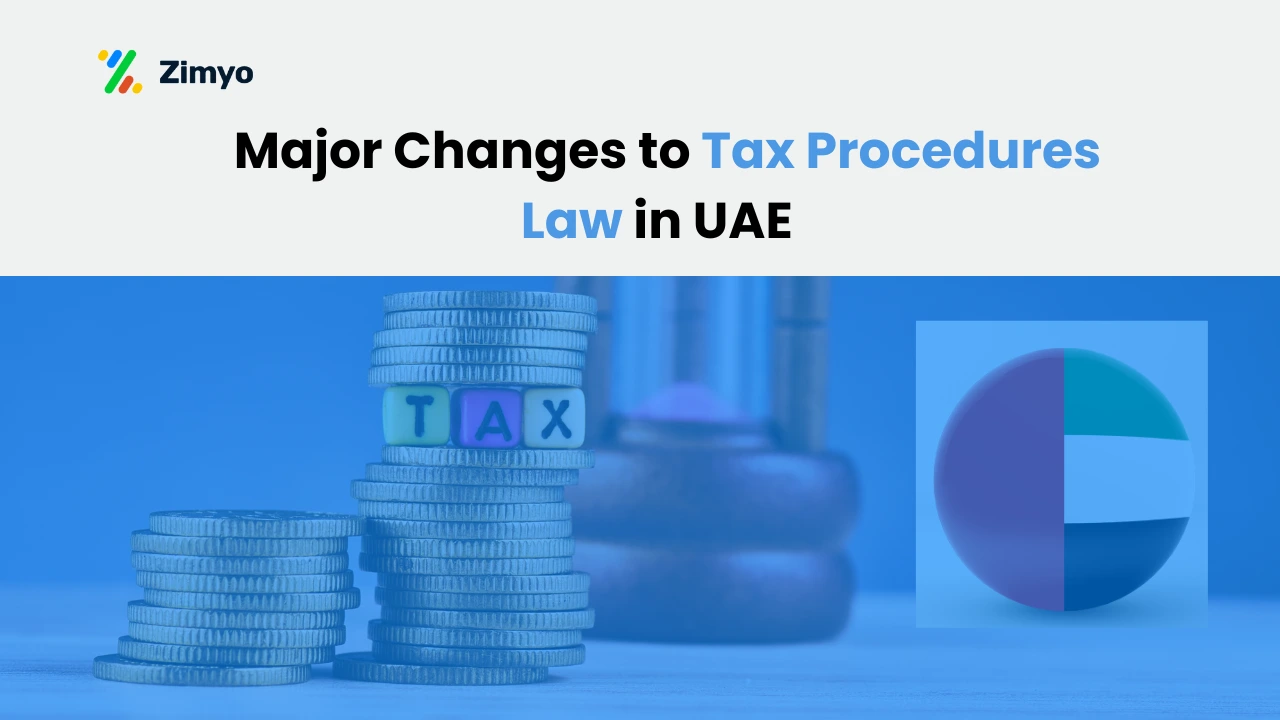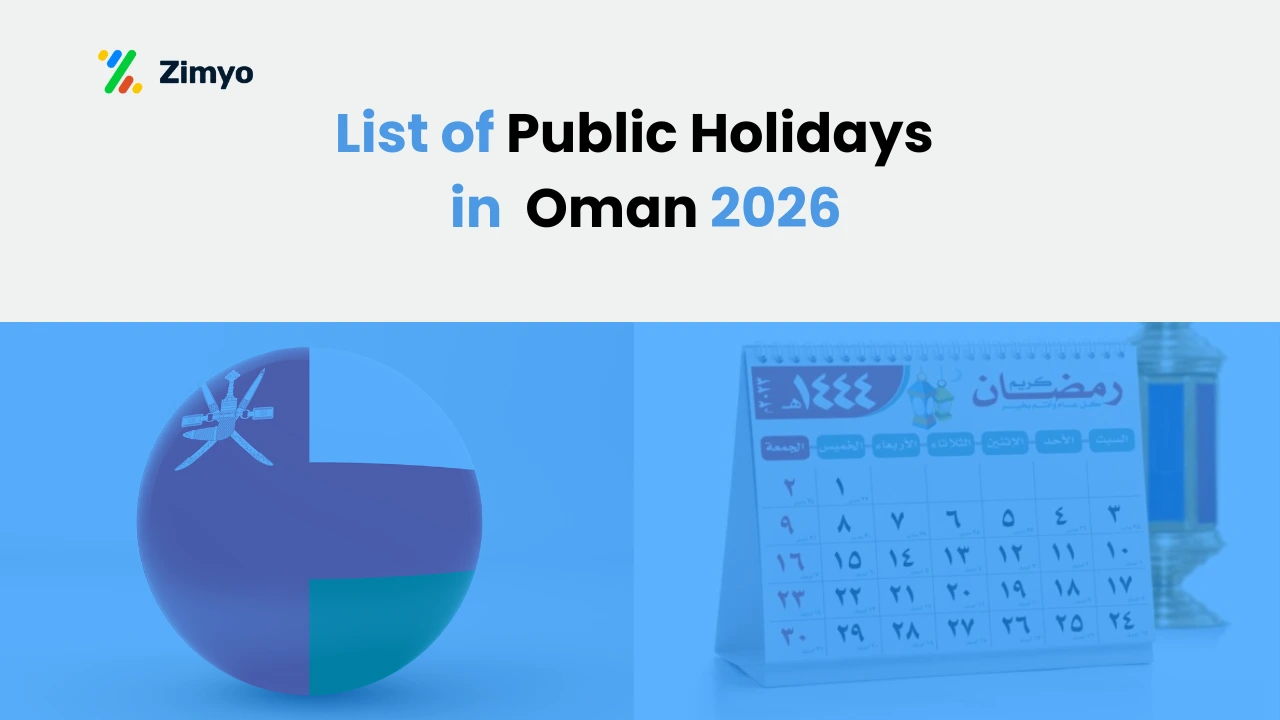Planning a child or an adoption in the UAE as a working professional? Understanding employee legal rights concerning maternity leave in UAE is important in order to take care of health as well as to abide by the law at the workplace.
So, if you are an employee, one of the first questions that comes to your mind is ”What would be the duration of my maternity or paternity leave in UAE?”
By 2025, the UAE offers new rights to maternity leaves, where paid maternity leaves, job protection, and other items are offered to make the lives of both mothers and employers easier.
This general manual elaborates on the duration, qualification, latest changes, and how companies can always be in compliance with the UAE labour law.

Rules of Maternity Leave in UAE in 2025
Before diving deep, let’s understand the basics of maternity leave in UAE:
● Legal Framework
According to the UAE maternity leave law ( Federal Decree-Law No. 33 of 2021) and MOHRE maternity leave rules, female employees are entitled to maternity leave in UAE.
Additionally, this law applies to all female employees in the UAE, irrespective of their employment contract (temporary, permanent or limited-time) and applies to private and public sector.
● Duration of Maternity Leave
Duration of the Maternity Leave in UAE indicates that employers should grant female employees:
| Leave Type | Duration | Paid/Unpaid |
|---|---|---|
| Standard Maternity Leave | 60 days | 45 full-paid + 15 half-paid |
| Complicated Birth | +15 days | Fully paid |
| Sick/Disabled Child | +30 days | Fully paid |
| Extension (Medical) | +30 days | Unpaid |
Standard:
- 45 days of fully paid maternity leave and 15 days of half-paid maternity leave in UAE.
Complicated Birth:
- In case of complications or difficult birth, they are additionally provided with 15 days of full paid leaves. Working mothers take their leaves before 30 days of delivery.
Child with Disability/Sickness:
- If the child is born sick or with a medical disability, employers give the mother with an additional 30 days of full-paid maternity leave in UAE. In addition, 30 days of additional unpaid leave, upon presenting valid medical documents.
Since 2025, the UAE government has approved an amendment to the existing Maternity Law to extend the duration of maternity leaves in UAE from 45 days to 90 days.
● Eligibility Criteria
To be eligible for maternity leave in UAE:
- female employees must have completed a minimum of 1 year in the organization in UAE for full compensation.
- If the female employee has not completed 1 year of service they’ll get this leave but it might be unpaid.
This applies to all employees and expats.
● Compensation
Employers provide female employees with 45 days of paid maternity leave in UAE. Furthermore, these benefits such as basic salary, allowances, and other applicable benefits.
Recent Amendments in Maternity Leave in UAE(2023-2025)

As discussed above, in 2025, the UAE government is still implementing extended maternity leave policies that were announced in 2019 and revised as a part of the Federal Law of 2021.
● Extended Duration of Maternity Leave in UAE: Updated
- The governemnt provides 60 days of maternity leave as standard (45 full paid, 15 half paid)
- The government also provides 15 days full-paid for complicated births, and 30 days fully paid and 30 days unpaid if the child is sick or disabled.
- ADGM employees are given 65 days maternity leave (33 fully paid , 32 half paid)
- For government employees, maternity leave is extended to 90 days (fully paid) undergoing federal regulations.
The extended duration of maternity leave in UAE by its government has additionally benefited working mothers to recover and spend quality time with their families and newborn. This also helps working mothers to bring back to their normal routines.
● Maternity leave for Adoptive Mothers
Another major amendment in this law applicable in 2025 is the inclusion of adoptive mothers in maternity leave laws in UAE.
Employers permit working mothers who adopt a child under the age of 5, 45 days of maternity leave in UAE. This is a major step to promote the adoption of children by parents in the country.
Remain In compliance with Maternity Leave Laws in UAE with Zimyo
Since the administration of maternity leave policies in different jurisdictions may be a tricky subject – particularly in the case of a business establishment that has to comply with constantly changing labour regulations in the UAE.
Moreover, when you use Zimyo Payroll, there is no need to be concerned with leave balances tracking, eligibility rules, or local compliance.
Why Zimyo HR & Payroll?
Automated Leave Tracking: Leave (paid, half paid and unpaid) period (according to UAE law) can be automatically calculated.
Custom Leave Policies: Adoption leave, extensions, and other varieties are simple to set up and apply to your workforce.
Compliance Monitoring:Keep in touch with the live law updates – MOHRE updates, as well as amendments within a specific sector.
Employee Self-Service: Allow your staff to check the leave balances, request to go on leave and provide them with online access to their documents.
HR Dashboard: HR can get a centralized view of all the leave statuses to ensure there is zero legal slip up.
Why 2500+ Customers Trust Zimyo
















Major challenges faced by working mothers in UAE
Despite major amendments to these laws, working professionals in UAE face several challenges:
1. Expectations of society
In UAE, society significantly influences mothers, hoping them to stay at home and take care of their children. This is a famous belief that mothers should stay at home and focus on the upbringing of the child.
The pressure to handle these beliefs often becomes a challenge for mothers, especially those who are first-time mothers.
2. Limited access to facilities of childcare
Another major challenge faced by working mothers is the lack of affordable childcare facilities for their children. This often becomes a barrier for low and middle-class income earners. That’s why many mothers face a major challenge in providing access to good childcare facilities.
3. Work-life balance challenge
The major challenge faced by working mothers is to maintain a balance between their work and personal life. This challenge is faced by the whole world, and UAE is no exception. The long working hours and demanding working conditions can become a major challenge for working mothers to focus on their children. This ultimately leads to burnout and stress for working women.
Conclusion
Many organizations operate globally. So it becomes a hindrance complying with the laws and regulations of different countries at once. Organizations must comply with these laws and regulations otherwise they might face legal implications or even a lawsuit.
Fortunately, this hindrance can be solved easily and now organizations can comply with local rules and regulations using Zimyo Payroll.
Payroll compliance means adhering to local, federal and state laws of a nation.
Organizations can focus on more strategic tasks without thinking of compliance with local laws and regulations.
Frequently Asked Questions (FAQs)
In private sector, women employees are allowed to avail 60 calendar days of maternity leave; 45 days at full pay and 15 days at half pay.
Yes. In the event of the complication of childbirth, 15 days of full-paid leave is given extra. In the event of illness or incapacity of the baby, mothers get 30 extra full-paid days and up to 30 unpaid days, with medical proofs.
Yes. Adoptive mothers Adoptive mothers who adopt a child legally and the child is aged below 5 years are allowed 45 days of paid maternity leave.
The maternity leave in UAE is calculated as the normal daily wage for the first 33 days of maternity leave and 50% of the employee’s normal daily wage for the next 32 days of maternity leave.
Yes, however the employer may provide this leave on an unpaid basis, provided that you do not have 1 year of continuous service.
































